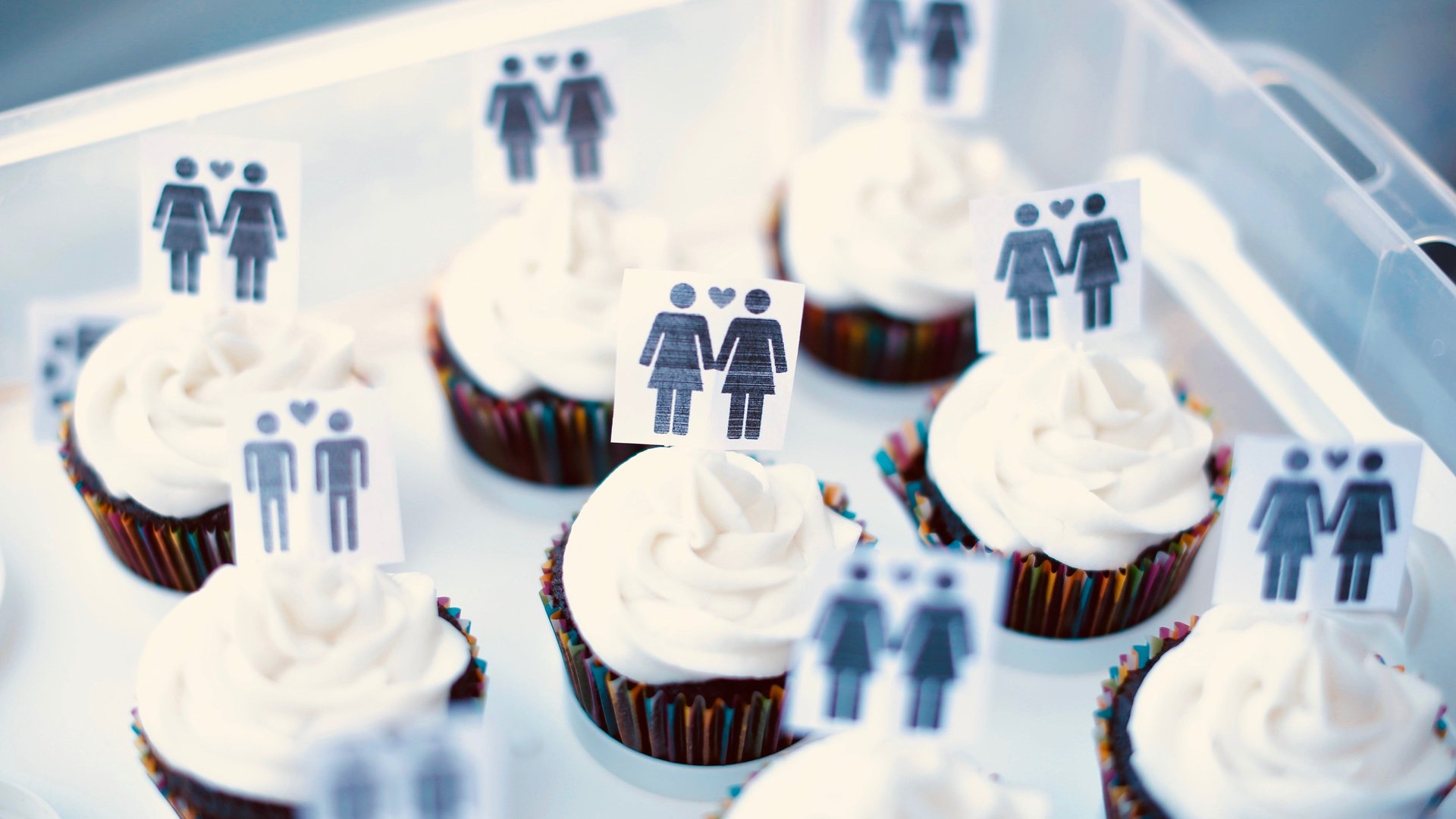The logical flaw in the US Supreme Court’s Masterpiece Cakeshop decision, according to two dissenting justices
The US Supreme Court has issued a long-awaited decision in the controversial case Masterpiece Cakeshop v. Colorado Civil Rights Commission (pdf), finding for a baker who in 2012 denied his services to a same-sex couple seeking a wedding cake. Two justices, Ruth Bader Ginsburg and Sonia Sotomayor, disagreed with the seven-member majority and—in a dissent written by Ginsburg—argue that their colleagues’ reasoning falls flat.


The US Supreme Court has issued a long-awaited decision in the controversial case Masterpiece Cakeshop v. Colorado Civil Rights Commission (pdf), finding for a baker who in 2012 denied his services to a same-sex couple seeking a wedding cake. Two justices, Ruth Bader Ginsburg and Sonia Sotomayor, disagreed with the seven-member majority and—in a dissent written by Ginsburg—argue that their colleagues’ reasoning falls flat.
Baker Jack Phillips had argued that cake-baking is constitutionally protected free speech and that sanctioning him for refusing to bake for a same-sex marriage violated his constitutional right to free exercise of religion. The majority did not completely agree with Phillips. It denied the free speech claim, finding that baking is not “communication.” But most of the justices did agree with the baker that his religious freedom was violated, and that the Colorado Civil Rights Commission was “hostile” to his faith.
The majority opinion argues that the state commission treated Phillips differently from other bakers who refused to bake cakes that offended them. Specifically, it referred to three cases in which bakers were asked to create a bible-shaped cake that explicitly states “homosexuality is a sin.” Those bakers would not bake the cake as requested and were not sanctioned by the state Civil Rights Commission.
In her dissent, Ginsburg points out that the cases offered as evidence of discrimination aren’t actually comparable to the Masterpiece Cakeshop case. Philips refused to bake any cake whatsoever for any same-sex marriage rather than a particular cake with a single offensive message. Ginsburg explains:
Phillips declined to make a cake he found offensive where the offensiveness of the product was determined solely by the identity of the customer requesting it. The three other bakeries declined to make cakeswhere their objection to the product was due to the demeaning message the requested product would literally display.
The distinction between a refusal based on offensive messaging and “hateful rhetoric” and one based on identity isn’t small, according to the dissenters. Charlie Craig and David Mullins simply requested a wedding cake. They did not discuss any message or distinguishing element that would have made their cake different from that of any other cake Phillips might bake for any other couple celebrating their union. “When a couple contacts a bakery for a wedding cake, the product they are seeking is a cake celebrating their wedding—not a cake celebrating heterosexual weddings or same-sex weddings—and that is the service Craig and Mullins were denied,” Ginsburg writes.
Refusing to bake any same-sex wedding cakes, as Phillips did, is equivalent to having a discriminatory policy, the dissent argues. In contrast, refusing to bake a cake that offends the baker’s sensibilities based on the particular message does not indicate a blanket rejection of an entire swath of people. “There is much in the Court’s opinion with which I agree,” Ginsburg writes. “I strongly disagree, however, with the Court’s conclusion that Craig and Mullins should lose this case.”